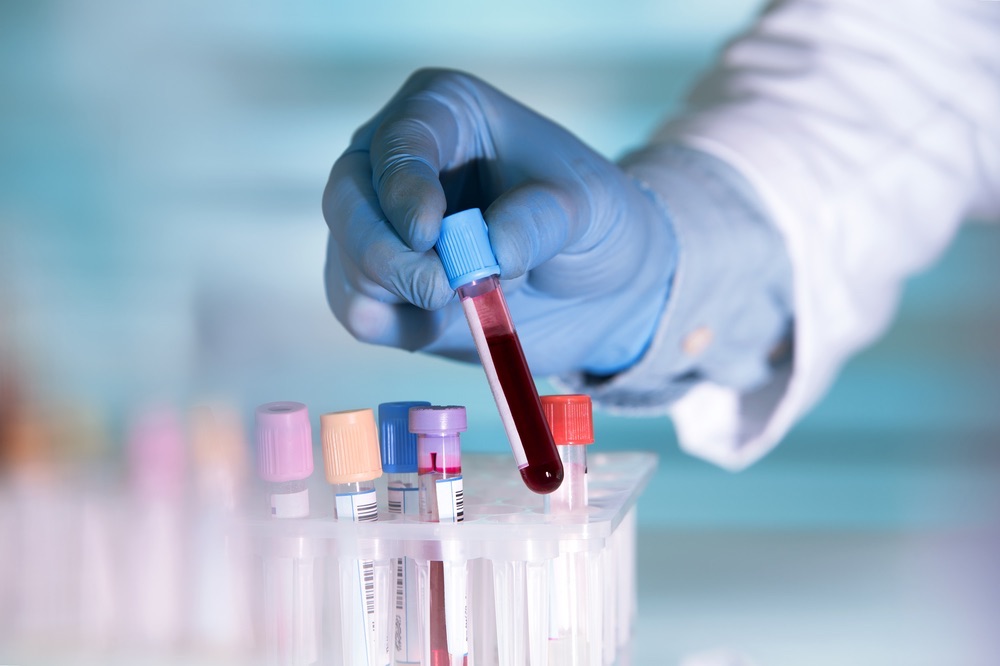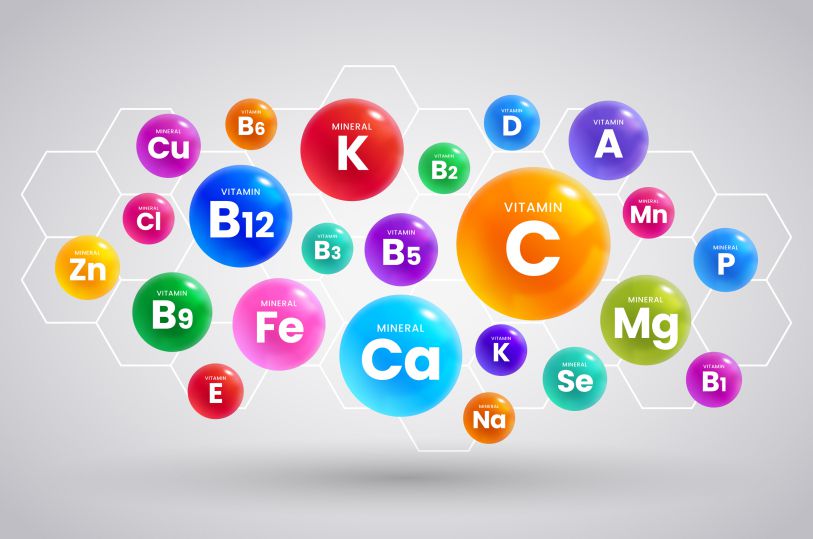Coronaviruses are a large family of viruses that cause respiratory infections. Coronavirus disease 2019 (COVID-19) was first reported in December 2019 in China. It is the disease caused by a new coronavirus. The virus is moving rapidly around the world.
The disease may not initially cause any symptoms. It takes up to 14 days after exposure for symptoms to develop.
Symptoms
Symptoms of COVID-19 range from mild to severe. They are similar to a cold or flu. Some common symptoms can include:
- cough
- fever
- body aches
- runny nose
- shortness of breath
- headache
- fatigue
- sore throat
In some patients these symptoms can develop into pneumonia.
However, COVID-19 is much more deadly than seasonal flu. According to the World Health Organization (WHO), around 3 percent of people with COVID-19 in China died.
Who is at highest risk for getting sick?
People who have the new coronavirus are at a higher risk of developing a severe case of infection over the age of 60. The highest death rate is in people above the age of 80. Children are less likely to get severely ill. People with chronic health conditions and compromised immune systems are at greater risk too.
You’re at high risk to get sick if you:
- come into contact with someone who’s carrying the virus
- touch surfaces that someone who has the virus has coughed or sneezed on
Prevention
You can take the following steps to prevent the spread of COVID-19:
- Wash your hands often with soap and water for at least 20 seconds
- Avoid close contact with sick people
- Avoid touching your eyes, nose, and mouth with unwashed hands
- Avoid crowds as much as possible
- Cover your cough or sneeze with a tissue, then dispose it immediately after use
- Stay at home when you are sick
- Disinfect frequently touched surfaces and objects
- Avoid sharing dishes, glasses and other household items if you’re sick.
Treatment
There is currently no specific treatment for coronavirus. Antibiotics do not work against coronavirus as COVID-19 is a viral infection and not bacterial. Treatment aims to relieve symptoms and may include medication to reduce a fever, cough syrup or fluids to reduce the risk of dehydration.







